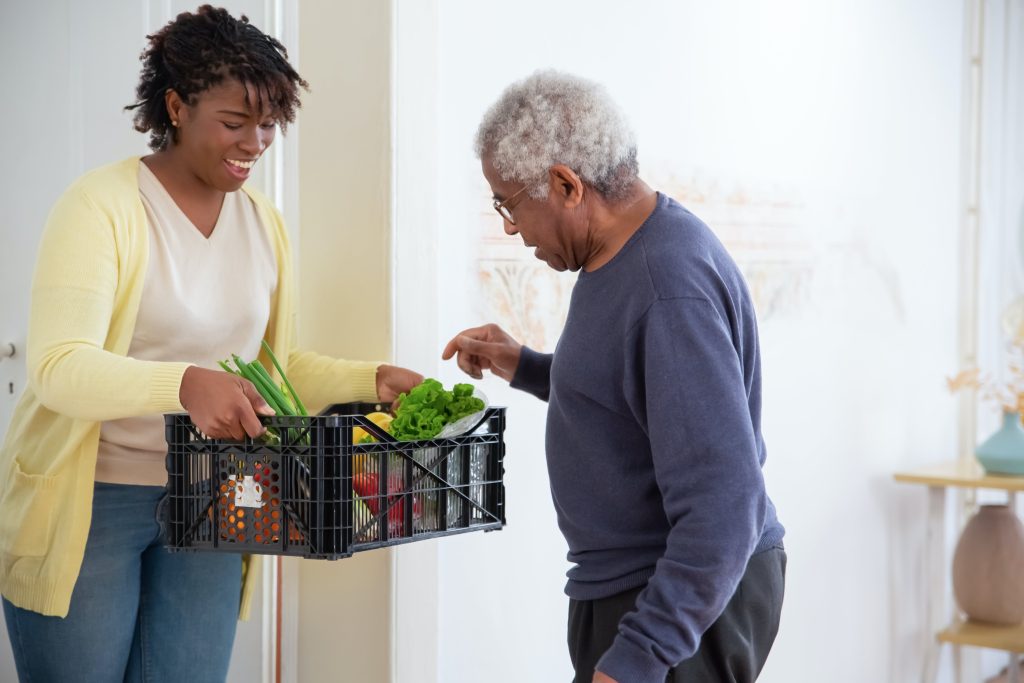The Importance of Social Connection in Home Care
Images of assistance with daily tasks often come to mind when we think of home care. However, one, often overlooked, aspect of home care that is just as crucial is the encouragement of social connections. Those receiving home care, especially seniors, social interaction can be a significant concern. Things like reduced mobility, changes in living situations, and loss of loved ones can make one go through the feelings of loneliness and isolation, consequently, impacting their wellbeing.
The Power of Connection
To maintain mental and emotional health, social interaction is necessary, regardless of age. It provides a sense of belonging, purpose, and joy for seniors, which can contribute significantly to their quality of life. Activities like engaging in conversations, sharing stories, laughter, and companionship can have profound effects on their health.
Benefits of Social Connection for Seniors Receiving Home Care
- Combating Loneliness and Isolation: It helps seniors feel less alone and more connected to the outside world when they engage with others.
- Stimulating Cognitive Function: Meaningful conversations and activities can maintain the sharpness of their mind and keep their memory active.
- Reducing Stress and Anxiety: A sense of calm and loss of the feelings of worry or fear can occur through social interaction.
- Boosting Mood and Wellbeing: Sharing positive experiences with others can increase happiness as well as wellbeing.

Making Connections Through 1st Care Community
At 1st Care Community, we actively promote social engagement in various ways which is beyond just providing physical assistance:
- Companionship Services: Our team focuses on providing a stimulating conversation, sharing activities, and offering emotional support.
- Social Outings and Events: We make sure our clients are able to connect with others who share similar interests by organizing regular outings and events.
- Community Integration: We make sure they stay connected with friends, family, and faith-based communities.
- Technology Support: Using technology to connect with loved ones who may live far away to help our clients navigate through the feelings of isolation or melancholy.
Building a Support Network
It isn’t solely the job of professional caregivers to provide social connection. Family, friends, and neighbors are also important in combating loneliness. Here are some practical tips to help your loved one:
- Schedule Regular Visits: Phone calls, video chats, or in-person visits, try to make time for interactions with them on a regular basis.
- Encourage Participation in Hobbies: Find activities that your loved one enjoys, try to spend time with them through those.
- Community Engagement: Attendance at religious services, joining clubs, or volunteering, is encouraged.
Contact Us Today!
If you want to help a loved one who may be experiencing social isolation, 1st Care Community is here to help. Our home care services are designed to help individuals by promoting social interaction and combating loneliness. Contact us today to learn more about how we can support your loved one’s quality of life at home.
Bringing these elements into your loved one’s care routine can help them maintain meaningful social connections and enjoy a more fulfilling life.


